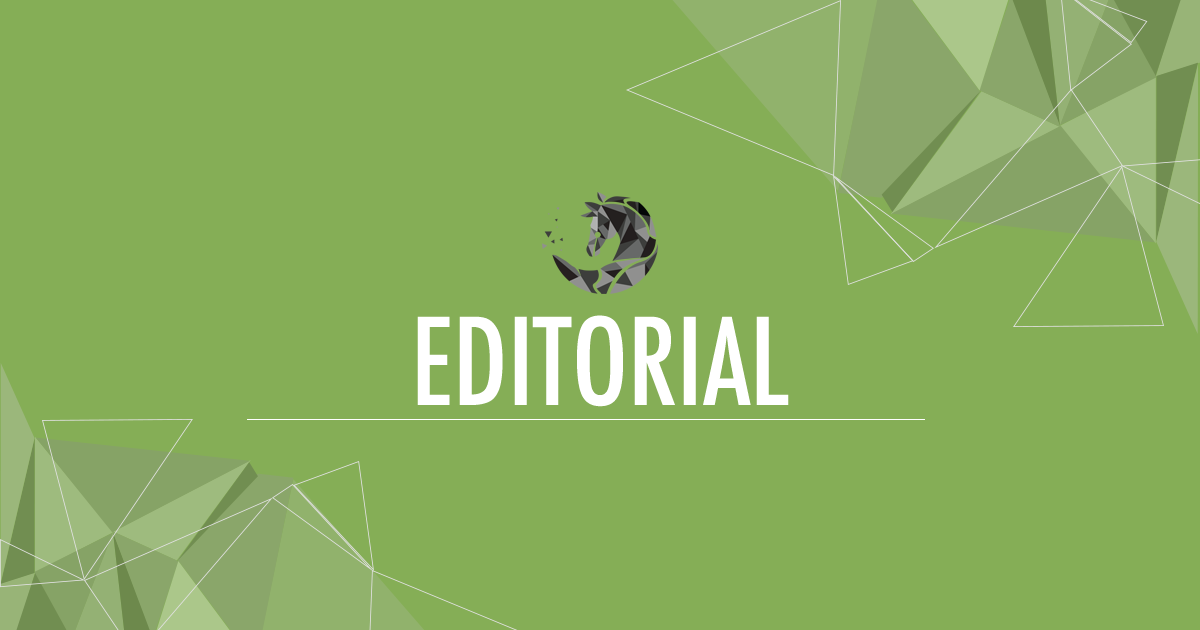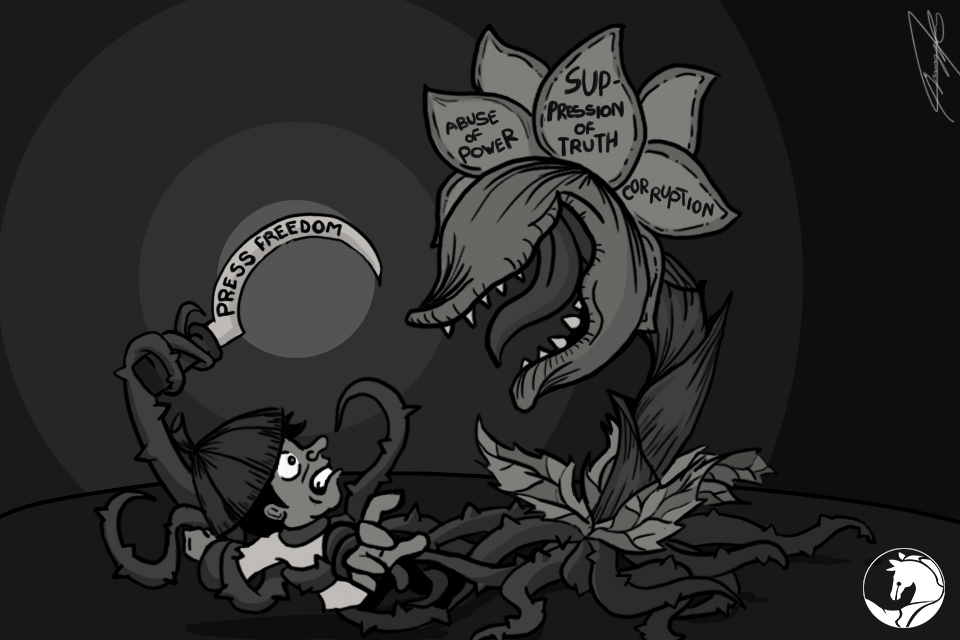

Any attack on press freedom is an attack to our democracy.
Criticisms, regardless of how they are expressed, is an integral part of a democratic government, yet Pres. Rodrigo Duterte and his followers seem to have trouble understanding this truth. This is evident with the numerous threats made by the President himself.
Duterte, in his second State of the Nation Address in July 2017, directly addressed Rappler, saying that they are American-owned. In January of this year however, Rappler was able to prove that their stockholders are 100% Filipino. For foreign investors, they issued Philippine Depositary Receipts (PDRs) instead, which does not give them any voting rights as those of stockholders.
Solicitor General argued, however, that the PDRs issued by Rappler contained a provision that allows PDR holders to be involved in corporate decision making. This, as they said, is the basis for the Securities and Exchange Commission’s revocation of Rappler’s license to operate.
Any attack on press freedom is an attack to our democracy.
While the proponents to this motion argue that this has nothing to do with press freedom — that this is of valid legal basis, truth is, with previous statements of Duterte and his constituents not only against Rappler but also with other media outlets, it is naïve to say that such acts are free from any political motivation.
In April 2017, Duterte tried to block the renewal of ABS-CBN’s franchise. He accused the network of estafa after the network was said to have refused to air Duterte’s ads during the 2016 elections.
He also threatened the Prietos, owners of Inquirer in his speech during the 50th founding anniversary of Davao del Norte, stating that he will make an exposé regarding their supposed incorrect tax payments. He said, “Kung magsalita kayo [Inquirer] kontra sa akin, akala ‘nyo sino ang malinis. Kayo ang mga tulisan.”
These attempts of silencing the media is alarming on its own, but with proposals to amend Article 3, Section 4 of the Constitution to emphasize on “responsible exercise” of freedom of speech, this may just be the beginning of a horrifying reign of censorship. This proposed amendment limits the right to free speech, not only of media but of ordinary Filipinos, especially when those authorized to determine which passes as “responsible” or not are easily butthurt individuals, denial of the truth.
Suffice to say, this issue should not only concern journalists; this is a national concern. These attacks on the press may hinder journalists in doing their function as the fourth estate, as watchdogs of the people in preventing exploitation of the democratic system, which is especially crucial in these times with a President promoting a culture of impunity, with the increasing threats to the sovereignty of our lands and seas, with the proposed amendments to the constitution, and with the looming threats to our democracy.
This is not just a battle for journalism, but for democracy. Being the democratic republic that we are, the responsibility of protecting this right lies on all Filipinos. Let us speak against these attacks, while we still have the freedom to do so.